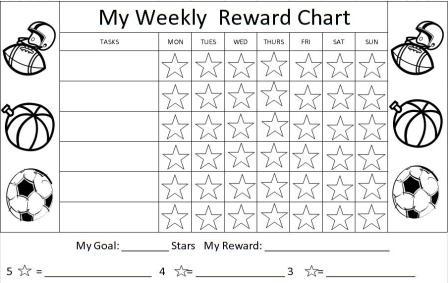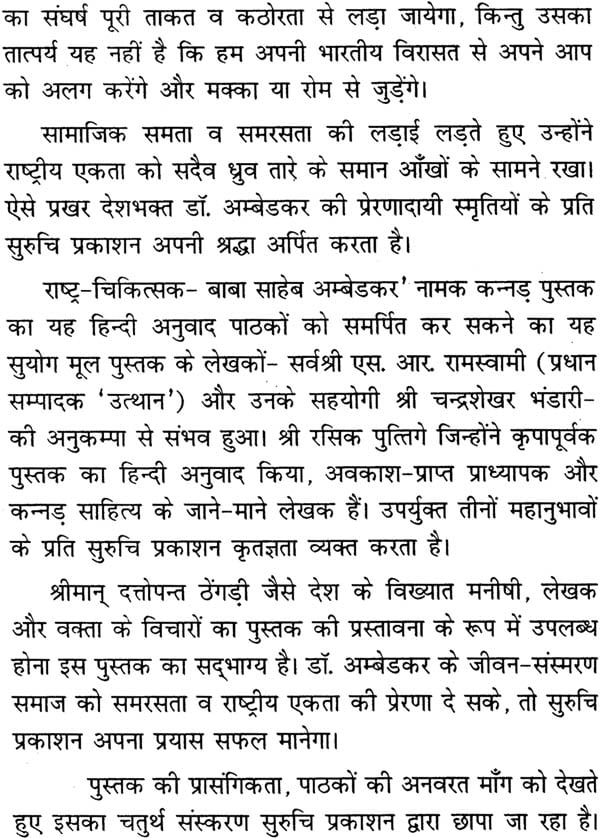Too much homework can cause stress, depression and lower.
Yes, if a pupil is inundated with too much homework their life balance is thrown out of all proportion. All children and adults too should adopt an 8-8-8 circadian rhythm to life where eight hours work, eight hours play and eight hours rest (sleep) plays an important factor in how we all roll.Homework can affect both students’ physical and mental health. According to a study by Stanford University, 56 per cent of students considered homework a primary source of stress. Too much homework can result in lack of sleep, headaches, exhaustion and weight loss.Reporting against VMD published standards up to 31 January 2020. We publish national and official statistics relating to the environment, rural communities, food, farming and biosecurity. A list.
According to the Nationwide Children’s Hospital, teenagers need between nine and nine and a half hours of sleep. However, teenagers only get an average of 7 hours. Investigating further in this statistic, I reached out to a random sample of students and recorded their average hours of sleep over a few days.Sleep Deprived Teenager: Too Much Homework. by Kate (UK) I'm writing this at 3:00 a.m. in my local time zone. I'm not procrastinating, I'm just taking a five minute break from all of the work I still have left to do.

Should I sleep or do my Statistics Homework - The Global Tutor Sleep is nourishment for the mind. During sleep vital body capacities and brain activities occur. Skipping sleep can be harmful. You can look awful you may feel irritable and you perform ineffectively.










